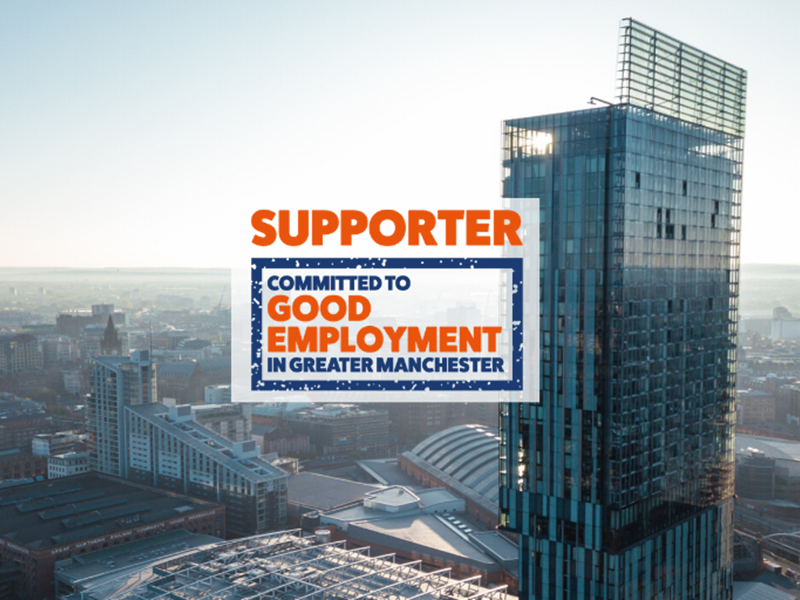Why it Matters
Excellent people management is increasingly seen as a vehicle to secure organisational success and is often at the heart of an organisation’s values. Leaders and managers embrace opportunities to empower their workforce and create an environment where employee engagement is possible. This involves keeping staff informed of business objectives; treating each person as a unique individual and asking them what they personally want to achieve within the workplace; listening to and acting upon ideas; practising open, reciprocal communication; and investing in training for staff to provide them with the skills they require to carry out their job role effectively and to encourage future progression. Of course, the behaviour of managers should also always be consistent with the values of the organisation. Employees who feel like a valued member of a team and an instrumental component in driving organisation success find their work personally rewarding and exciting and are more likely to feel a sense of loyalty to the business, resulting in increased productivity.
A diverse workforce that reflects the diverse range of customers, service users and the community in which they are based are more creative, and more innovative. Having a wide range of skills and experience that reflects all of society, including those with disabilities, from varying ethnic backgrounds or offers a balanced gender representation means that businesses are more likely to design products and services for a broader base. Good management practice demands that all employees are managed equally, and development and progression opportunities are provided without bias.
In terms of progression every employee will bring different skills and behaviours to a job when they are recruited, so regular development can help them master their new responsibilities and help them progress.
Offering staff suitable development opportunities can help employers to:
• keep employees motivated in their work
• build loyalty towards your organisation
• provide them with the skills to progress their career
• fill identified skill gaps within your organisation
• help the organisation stay ahead of competitors
Membership Criteria
Charter members will be expected to provide evidence of:
- Clear organisational values and expected behaviours that align to the values, which are clearly demonstrated and confidently articulated by the workforce;
- An Equality, Diversity and Inclusion Policy and action plan which is actively implemented and monitored;
- Leaders and managers have developed a culture that ensure all employees enjoy a positive working life experience;
- Individual objectives that align with the organisation values and overall objectives;
- A performance management framework with 1:1 conversation with managers;
- An organisation development/training plan which ensures that all staff (including managers) receive appropriate training, during paid time, to enable them to do their job effectively, developing and using their skills and experience;
- Development opportunities to support aspirations for progression;
- Working through progression and the development of allyship, towards increased diversity amongst the senior leaders of the organisation;
- Multi-source feedback and surveys that indicate the workforce feels valued, invested in and developed;
- Managers’ role profiles which build in time to manage the workforce;
- An organisation induction programme;
- Grievance and disciplinary processes in line with ACAS guidance;
- Leaders protecting the workforce from bullying, discrimination and harassment.


